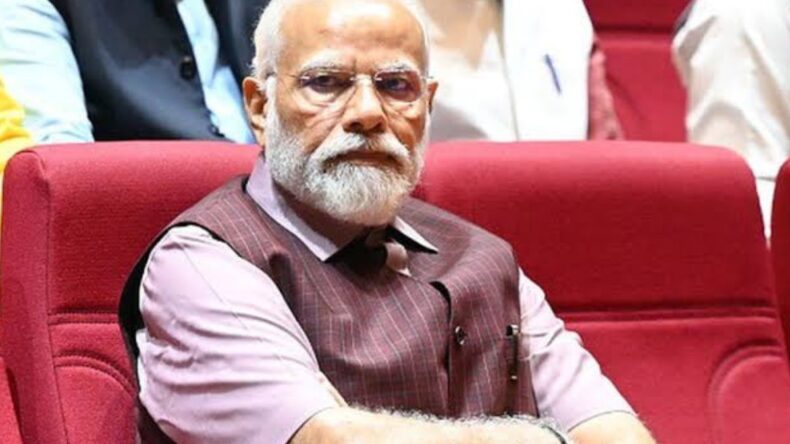
India’s opposition has launched a scathing attack on Prime Minister Narendra Modi, accusing him of remaining conspicuously silent amidst the escalating ethnic violence in the northeastern state of Manipur. As the Indian Parliament commenced a crucial debate on a no-confidence motion against Modi’s government, the opposition sought to compel the Prime Minister to address the Manipur crisis that has gripped the nation’s attention.
Accusations of Inaction Amidst Unrest
Amidst the halls of Parliament, Congress party lawmaker Gaurav Gogoi boldly declared, “If Manipur is burning, India is burning. If Manipur is divided, India is divided.” Gogoi’s poignant words marked the opening salvo in a debate that aimed to hold Modi’s government accountable for its perceived inaction in the face of violent turmoil.
The opposition, led by Gogoi, seeks to use the no-confidence motion as a platform to demand justice for Manipur. They point to Modi’s silence as a testament to the failure of both his state and federal parties. Since the violence erupted early in May, Modi’s response has been conspicuous by its absence – a silence that the opposition deems both deafening and disheartening.
The Road Ahead: No-Confidence Motion Debate
Prime Minister Modi is slated to take the floor on Thursday to address the no-confidence motion. However, the outcome of the motion is almost a foregone conclusion. With his Bharatiya Janata Party (BJP)-led government enjoying a comfortable majority in Parliament, the motion is expected to be soundly defeated.
Quest for Justice Amidst Silence
For the opposition, the no-confidence motion is not merely a numerical exercise but a quest for justice for the embattled state of Manipur. They highlight that Modi’s failure to extend condolences or appeal for peace in the northeastern state has raised serious concerns about his leadership. The motion, in their eyes, is a demand for accountability and transparency in the face of a crisis that has left Manipur reeling.
Rahul Gandhi’s Resurgence: A Formidable Voice
Rahul Gandhi, a prominent opposition leader and Modi’s key rival in the upcoming 2024 elections is also slated to join the debate. His return to Parliament follows a temporary halt of his defamation conviction, indicating a renewed vigour within the opposition ranks. This resurgence is likely to strengthen the opposition’s resolve as they challenge Modi’s government and pave the way for a significant slowdown in the 2024 polls.
An Impasse in Parliament: Manipur Crisis Dominates Discussions
India’s Parliament has been mired in a prolonged deadlock due to the ongoing Manipur crisis. Daily sessions have been marked by protests and slogans from the opposition, resulting in frequent adjournments. The opposition’s demand for the removal of Manipur’s top elected official, Biren Singh, and the assertion of federal control over the state underscores the gravity of the situation.
Unfolding Tragedy: The Manipur Conflict
As the debate unfolds in the hallowed halls of Parliament, Manipur remains mired in a dire conflict. The region has witnessed over 150 deaths and the exodus of more than 5,000 people as clashes between communities continue to erupt. The root cause of the conflict lies in an affirmative action dispute, where Hindu Meiteis have clashed with Christian Kukis over special land-buying privileges and government job quotas.
Transparency Concerns: Government Response Scrutinized
Critics have raised significant concerns about the lack of transparency in the government’s handling of the Manipur crisis. Despite condemnation from Modi regarding specific incidents, the overarching conflict has yet to be squarely addressed. A video depicting a disturbing assault in Manipur shook the nation, but the government’s plans to resolve the crisis have remained veiled.
Persistent Strife Amidst Efforts
Home Minister Amit Shah’s visit to Manipur in May aimed to engage community leaders and groups in talks to quell the violence. Despite these efforts and a heightened army presence, the clashes have shown a stubborn persistence, casting a shadow over the government’s attempts to restore calm.
As the no-confidence motion debate rages on, India watches closely, hoping for a resolution that not only addresses the immediate crisis in Manipur but also raises questions about leadership and accountability on a broader scale.













